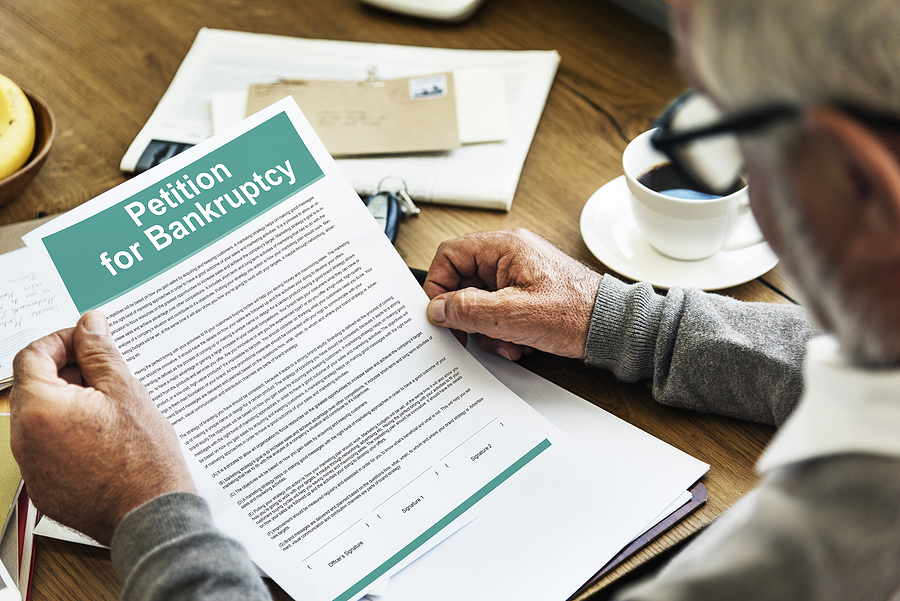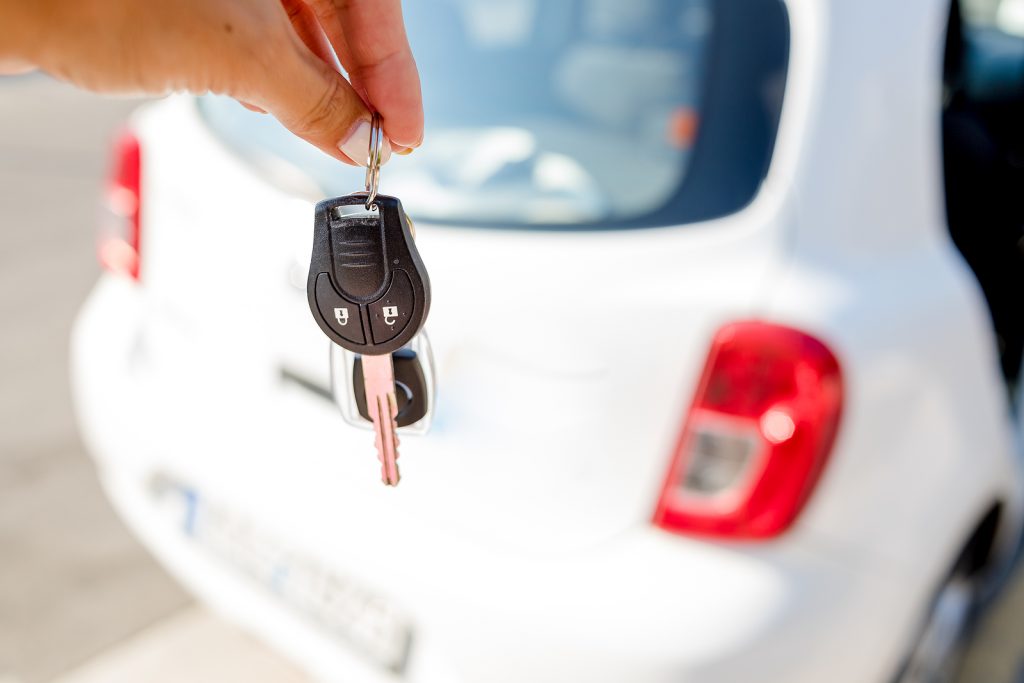When Are Vehicles Repossessed?
If you have obtained a loan for your car, boat, RV, or pickup truck, late and missing payments can put you at risk of having that item repossessed. However, you may be able to stop a repossession or have a repossessed vehicle returned with help from a North Carolina repossession attorney.
Repossession can make a difficult debt situation even more difficult, but if repossession happens to you, you will not be alone. Lenders in the United States repossessed more than two million vehicles in 2021 – over 5,400 repossessions a day.
If you cannot make payments, how can you prevent your car, boat, RV, or truck from being repossessed? If the vehicle is repossessed, what can you do? Is bankruptcy your only option for preventing a repossession? When should you contact a North Carolina repossession lawyer?
How Does Repossession Work in North Carolina?
When you miss a payment on a vehicle in North Carolina, the vehicle may be repossessed without warning. The lender can take your car, boat, RV, or truck if you miss even one payment. North Carolina lenders are not required by law to notify you before repossessing a vehicle.
Lenders also are not required to seek a court’s permission to repossess. If you have defaulted on a vehicle loan, the lender can repossess the vehicle while you’re working or even while you are asleep. You will save time, money, and a great deal of aggravation if you can stop a repossession.
Technology today makes repossession quite efficient. Repossession agents may use digital cameras and computers to find and identify a vehicle, so you can’t hide a car, truck, RV, or boat and hope that your creditor and the repossession agent will go away. They won’t.
If you have personal property items in a car, boat, RV or truck when it is repossessed, you will have to call the lender and make an appointment to retrieve those items. If you know that a repossession is impending, clear as many of your personal items as possible out of the vehicle.
What Else Should You Know About Repossession?
After a car, a truck, RV or a boat has been repossessed in North Carolina, it may be auctioned to the highest bidder, but if the sale amount is less than what you owe on the vehicle, you’ll still owe the difference to the lender. This is called the deficiency.
A creditor’s right to repossess has limits. Your automobile may be towed from your driveway or a public parking lot, but it may not be towed from behind a locked gate or a locked storage unit or garage. Repossession agents may not breach the peace or use acts or threats of violence.
Before you make a late payment or miss a payment, call your lender to discuss making a different payment arrangement. You may be able to prevent a repossession simply by making that phone call. If your income and/or expenses have changed, ask about refinancing the loan.
However, you should understand that in North Carolina, a creditor is not legally obligated to negotiate with you, make alternative payment arrangements, or accept partial payments.
What Should You Know About Bankruptcy?
A vehicle repossession will negatively impact your credit score, and if the debt remains unpaid after the vehicle is auctioned, the debt will probably appear on your credit report and the creditor will probably seek to collect the unpaid deficiency balance.
Late fees, towing, and other costs related to repossession add up quickly. If you are overwhelmed by your debts and a vehicle repossession is pending, bankruptcy may be your only option, but bankruptcy also entails negative consequences and should be considered only as a last resort.
A repossession attorney can discuss how bankruptcy works and the consequences of bankruptcy. Your attorney will also explain the other options you may have for preventing a vehicle repossession and paying your debts.
What Happens When You Choose Bankruptcy?
If you choose bankruptcy, your attorney will guide you through the process. After you file for bankruptcy, the court orders an automatic stay that stops creditors from foreclosing on your home, repossessing your vehicle, garnishing your wages, or suing you for a debt.
In North Carolina, filing for a Chapter 13 bankruptcy can stop a repossession and may even allow you to recover a vehicle that has already been repossessed, but you must act as quickly as possible after the vehicle is repossessed. Under a Chapter 13 bankruptcy, you and your attorney will prepare a debt repayment plan that can be accomplished over a period of three to five years.
The court also issues an automatic stay when you file a Chapter 7 bankruptcy. Your attorney can explain how a Chapter 7 bankruptcy works, although a Chapter 7 bankruptcy may not prevent a repossession is you are behind on payments.
When Should You Contact a Repossession Lawyer?
The choice to file for bankruptcy must be a fully informed decision that is not made in haste. You should consult first with an experienced North Carolina repossession lawyer who routinely helps clients facing repossession, foreclosure, wage garnishment, or a lawsuit filed by a creditor.
A Chapter 7 bankruptcy will be the right choice for some consumers who are in debt and facing a vehicle repossession, especially if you choose not to keep the property repossessed but want to avoid owing a deficiency. A Chapter 13 bankruptcy will be the right choice for others if you want to keep the property. In still other cases, you may have an alternative that allows you to avoid both repossession and bankruptcy.
If a repossession is pending or if you are simply unable to pay your debts, you need personalized legal advice from a North Carolina repossession attorney, and you need that advice right now.
Gillespie & Murphy Will Help You Move Forward
In North Carolina, if you are unable to make the payments on your car, truck, RV or boat call Gillespie & Murphy immediately. We will explain your options and rights and advise you regarding the best way to move forward.
Gillespie & Murphy is an award-winning team of bankruptcy and repossession attorneys who work on behalf of families and businesses throughout Eastern North Carolina. Our law offices are located in Greenville, Jacksonville, New Bern, and Wilmington.
If you cannot make a payment on your vehicle, if the repossession of your vehicle is imminent, or if your vehicle has already been repossessed – or if you simply need to learn more about repossession or bankruptcy – call Gillespie & Murphy now at 252-659-5045.











